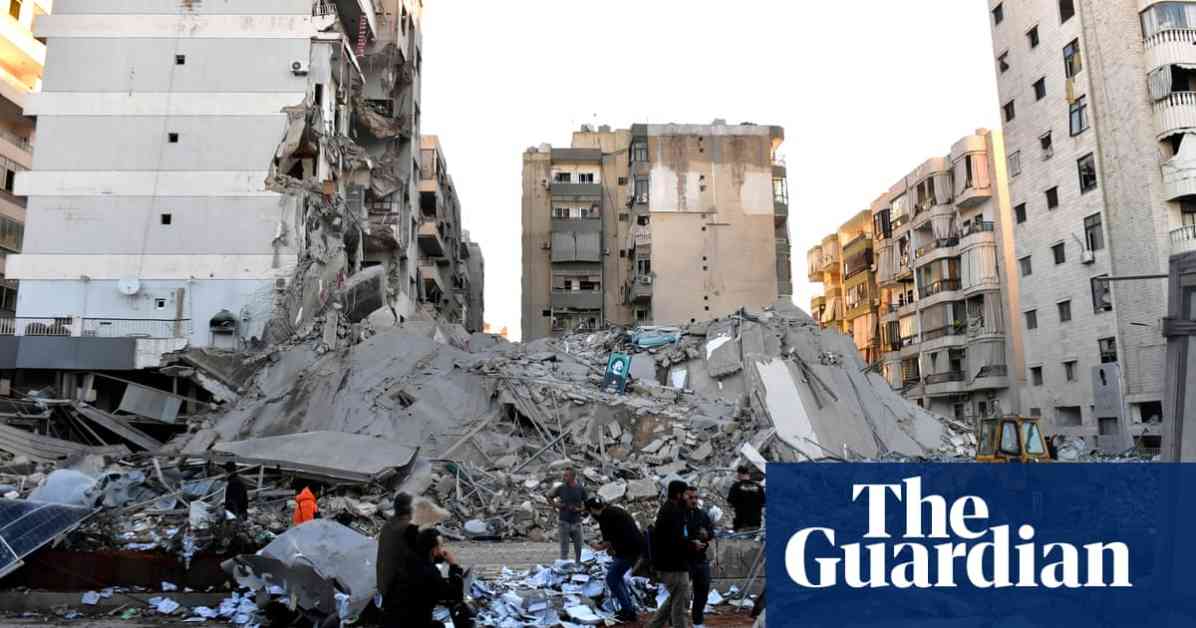Israel conducted a series of airstrikes targeting Hezbollah-run banking institution Al-Qard Al-Hassan in southern suburbs of Beirut, south Lebanon, and the Bekaa Valley. The strikes destroyed buildings, including one near Lebanon’s only commercial airport. The US envoy arrived in Beirut to discuss a ceasefire with Lebanese officials after the bombings.
Before the airstrikes, Israel warned people to evacuate areas surrounding Al-Qard Al-Hassan buildings. The banking institution, which has branches across Lebanon, was targeted as part of Israel’s efforts to dismantle Hezbollah’s financial system. Al-Qard Al-Hassan was sanctioned by the US in 2017 for supporting Hezbollah’s terrorist activities.
Hezbollah responded to the strikes by launching rockets at Israeli soldiers in south Lebanon, leading to intense fighting between the two sides. Israel aims to degrade and destroy Hezbollah’s capabilities along the border, but the progress is uncertain due to limited media access in the area.
The US envoy emphasized the need to implement UN Security Council Resolution 1701 to achieve a ceasefire in Lebanon. The resolution, which ended the 2006 Israel-Hezbollah war, stipulates that armed militias should not be present south of the Litani River. However, Hezbollah’s presence in the region has been a point of contention.
Lebanese officials have expressed willingness to adhere to Resolution 1701, but Hezbollah’s resistance to moving back from the border has complicated efforts to reach a ceasefire. Israel has presented conditions for a ceasefire, including amendments to the resolution that would grant them more control in border areas and airspace.
The ongoing conflict has resulted in significant casualties and damage in Lebanon, with both sides engaging in military actions. The situation remains tense as efforts to negotiate a ceasefire continue amidst escalating violence in the region.












